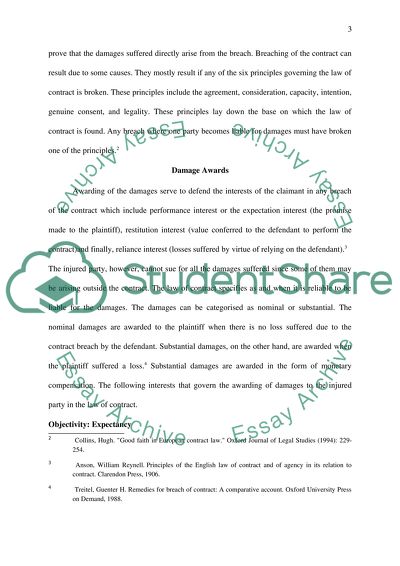Cite this document
(“According to contract law principles, the injured party can claim Essay”, n.d.)
Retrieved from https://studentshare.org/law/1695778-according-to-contract-law-principles-the-injured-party-can-claim-damages-for-every-loss-suffered-as-a-result-of-the-breach-of-contract-how-true-is-this-statement-discuss-with-reference-to-relevant-case-law
Retrieved from https://studentshare.org/law/1695778-according-to-contract-law-principles-the-injured-party-can-claim-damages-for-every-loss-suffered-as-a-result-of-the-breach-of-contract-how-true-is-this-statement-discuss-with-reference-to-relevant-case-law
(According to Contract Law Principles, the Injured Party Can Claim Essay)
https://studentshare.org/law/1695778-according-to-contract-law-principles-the-injured-party-can-claim-damages-for-every-loss-suffered-as-a-result-of-the-breach-of-contract-how-true-is-this-statement-discuss-with-reference-to-relevant-case-law.
https://studentshare.org/law/1695778-according-to-contract-law-principles-the-injured-party-can-claim-damages-for-every-loss-suffered-as-a-result-of-the-breach-of-contract-how-true-is-this-statement-discuss-with-reference-to-relevant-case-law.
“According to Contract Law Principles, the Injured Party Can Claim Essay”, n.d. https://studentshare.org/law/1695778-according-to-contract-law-principles-the-injured-party-can-claim-damages-for-every-loss-suffered-as-a-result-of-the-breach-of-contract-how-true-is-this-statement-discuss-with-reference-to-relevant-case-law.


